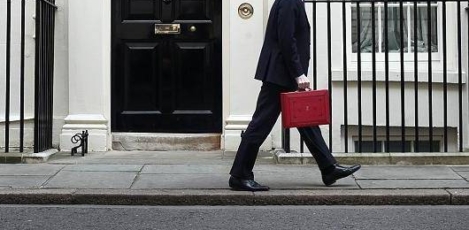August 5, 2015
Proofs of the link between workplace design and productivity? Here are three
 Three new studies have joined the already extensive body of work linking workplace design and productivity. The most extensive is the research carried out by communications consultancy Lansons which looks at every aspect of the British workplace to uncover the experiences and most commonly held perceptions of around 4,500 workers nationwide. The study is broken down into a number of sections which examine topics such as workplace design, wellbeing, job satisfaction, personal development and leadership. The second is a study from the Property Directors Forum which explores the experiences of occupiers and finds a shift in focus away from cost reduction and towards investing to foster employee productivity. The final showcases the results of a post occupancy survey conducted by National Grid following the refurbishment of the firm’s Warwick headquarters by AECOM.
Three new studies have joined the already extensive body of work linking workplace design and productivity. The most extensive is the research carried out by communications consultancy Lansons which looks at every aspect of the British workplace to uncover the experiences and most commonly held perceptions of around 4,500 workers nationwide. The study is broken down into a number of sections which examine topics such as workplace design, wellbeing, job satisfaction, personal development and leadership. The second is a study from the Property Directors Forum which explores the experiences of occupiers and finds a shift in focus away from cost reduction and towards investing to foster employee productivity. The final showcases the results of a post occupancy survey conducted by National Grid following the refurbishment of the firm’s Warwick headquarters by AECOM.




















 The UK labour market will continue to expand at a strong rate in 2015 but there are unresolved issues relating to levels of pay and how best to increase workplace productivity to drive further growth, according to Mark Beatson, chief economist for the Chartered Institute of Personnel and Development (CIPD) in
The UK labour market will continue to expand at a strong rate in 2015 but there are unresolved issues relating to levels of pay and how best to increase workplace productivity to drive further growth, according to Mark Beatson, chief economist for the Chartered Institute of Personnel and Development (CIPD) in  A report published at the end of December
A report published at the end of December







June 29, 2015
Beyond agile working: the six factors of knowledge worker productivity
by Andrew Mawson • Comment, Facilities management, Flexible working, Workplace, Workplace design
(more…)